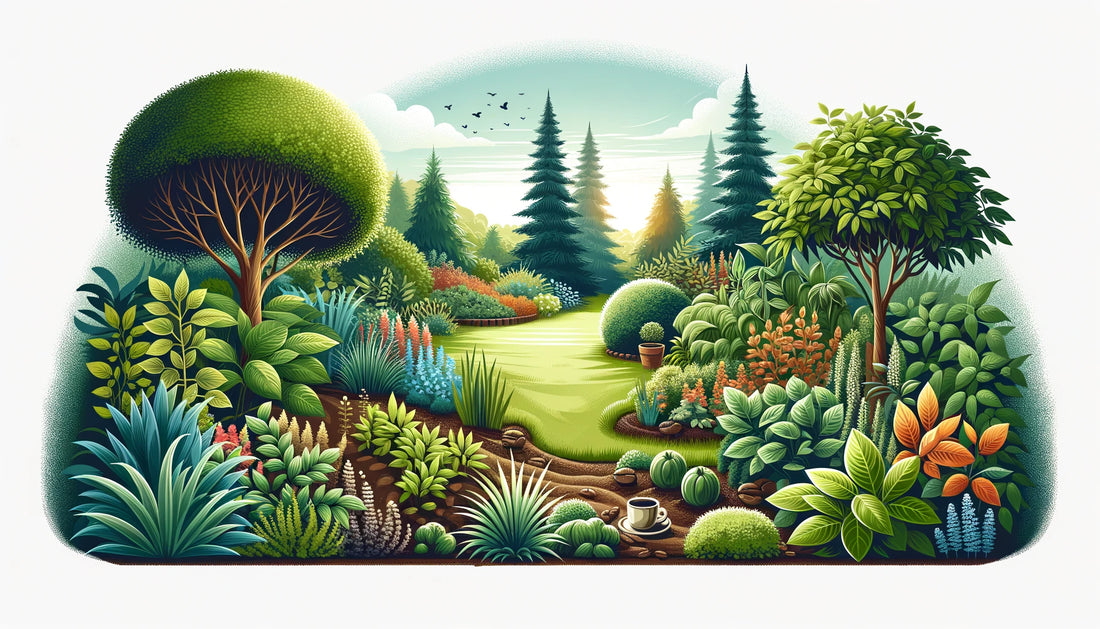Gardeners are always on the lookout for natural, cost-effective ways to enhance their gardens. One commonly touted home remedy is the use of coffee grounds as a plant supplement. But does this popular kitchen waste truly benefit your green friends, or is it just another garden myth? Let's delve into the nitty-gritty of using coffee grounds in your garden.
What's In Coffee Grounds?
Coffee grounds contain several key nutrients essential for plant growth, including nitrogen, potassium, and phosphorus. They also contain micronutrients like magnesium and copper. These components suggest that coffee grounds could be a valuable addition to your soil.
The Benefits:
- Nutrient-Rich Soil Amendment: When used correctly, coffee grounds can enrich the soil with essential nutrients, assisting in plant growth. They are particularly rich in nitrogen, an essential component of chlorophyll, crucial for photosynthesis.
- Improved Soil Structure: Coffee grounds can enhance soil structure, improving aeration, drainage, and water retention, particularly beneficial for clay-heavy soils.
- Attracting Earthworms: Earthworms love coffee grounds! Their presence in the soil improves soil structure and nutrient cycling.
- Natural Pest Repellent: Some gardeners find that coffee grounds repel garden pests like slugs and snails, although this is more anecdotal than scientifically proven.
Points of Caution:
- Acidity Concerns: While fresh coffee grounds are acidic, used coffee grounds are nearly neutral in pH. However, if you're using them around acid-loving plants, the slight acidity might be beneficial. For other plants, it's unlikely to cause harm but monitor your soil's pH to be safe.
- Overapplication Risks: Using coffee grounds in moderation is key. An excess can lead to soil compaction, reducing aeration and water infiltration.
- Fresh vs. Used Grounds: Never use fresh, unbrewed coffee grounds directly on the soil as they can inhibit plant growth due to their high caffeine content and acidity. Always opt for used coffee grounds.
How to Use Coffee Grounds in Your Garden:
- Compost Additive: Mix coffee grounds into your compost pile to enhance its nutrient profile. They're considered a green compost material (nitrogen-rich) and should be balanced with brown materials (carbon-rich).
- Mulching: Used coffee grounds can be spread thinly as mulch around plants. However, avoid piling them up, as they can form a barrier that restricts moisture and air flow.
- Liquid Fertilizer: Steep used coffee grounds in water for a few days to create nutrient-rich liquid fertilizer you can apply to your plants.
- Worm Bins: If you have a vermiculture setup, adding coffee grounds can be beneficial, as worms thrive in the gritty texture and nutrient content of the grounds.
So, Are Coffee Grounds Good For Plants?
Coffee grounds can be a beneficial addition to your garden, provided they are used correctly. Like any gardening practice, observation and moderation are key. Monitor how your plants respond to the addition of coffee grounds and adjust your usage accordingly. With a bit of trial and error, you may find that your morning brew's leftovers are just what your garden needs to thrive. Happy Gardening!

